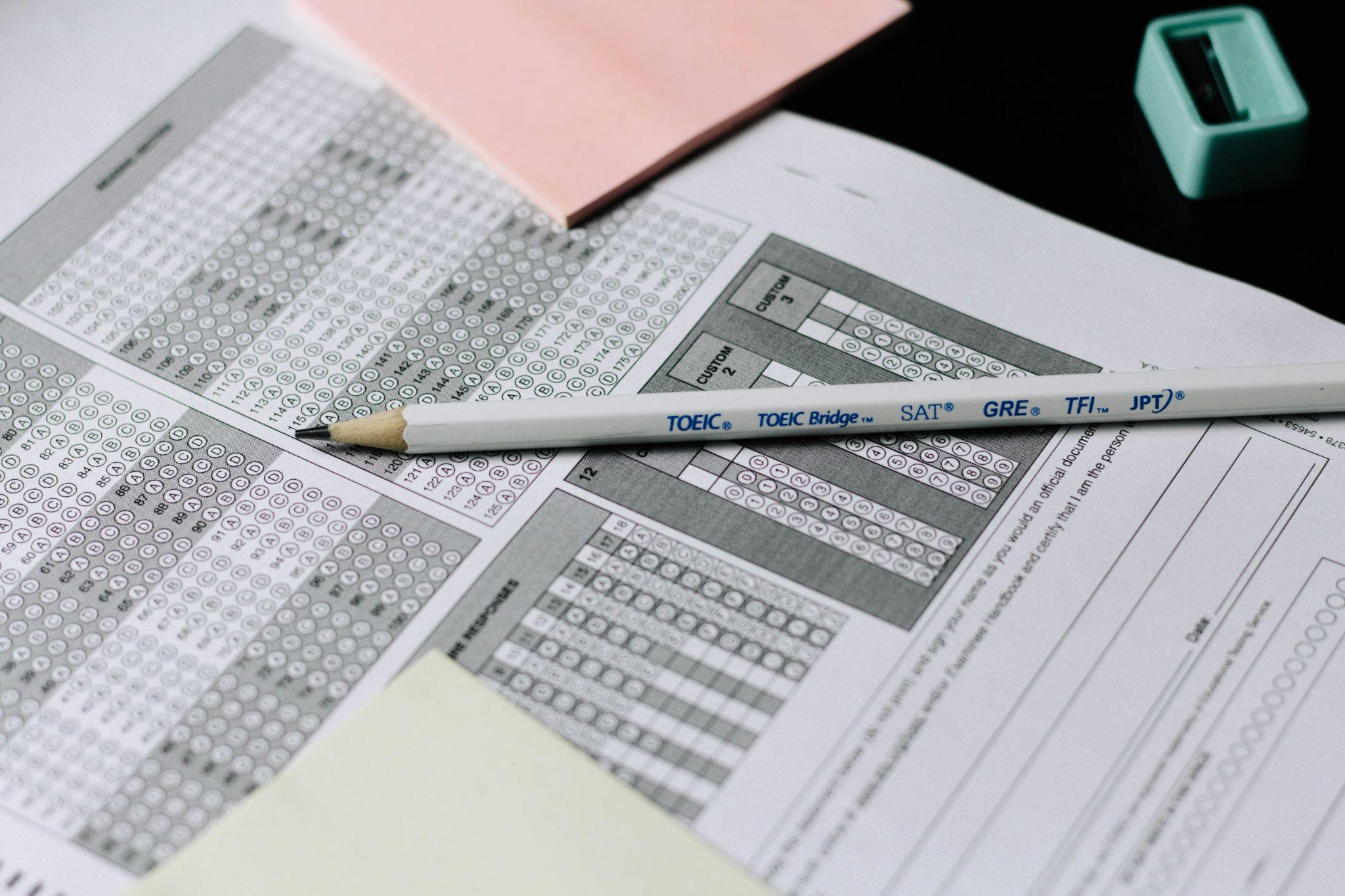The SAT has a big impact on college admissions, and good language skills help students get high scores. The test checks how well you read, write, and use language, so it’s crucial to sharpen these abilities.
This article looks at why language skills matter for SAT success, points out key areas to work on, and suggests ways to get better at them.

Breaking Down the SAT’s Language Parts
The SAT has several sections that test language skills:
- Reading Section: This part checks understanding through different passages, like books old documents social studies, and science texts. Students need to break down arguments spot main ideas, and figure out what the text means.
- Writing and Language Section: In this part, students show if they can fix and improve texts. This means correcting grammar and punctuation mistakes, and making sentences clearer and better structured.
Both parts need students to know lots of words and understand tricky texts. So, getting better at language is key to scoring high but many things besides language set the final score. Students often get help from SAT private tutoring to guide them in scoring high.
Why Language Skills Matter
- Critical Thinking: Good language skills boost critical thinking. Students who can break down texts well can answer questions more .
- Vocabulary Proficiency: A strong vocabulary helps students grasp subtle meanings in passages and get questions right. Many top-scoring students have big vocabularies, which allows them to breeze through the reading section.
- Effective Communication: The writing section asks students to express their thoughts and . Good language skills let them put their ideas into words well leading to higher scores.
- Test-Taking Strategies: Knowing language ins and outs allows students to use smart test-taking tricks like ruling out wrong answers and using context clues. This can bump up their scores.
Strategies to Improve Language Skills
Students can use several good strategies to boost their language skills for the SAT:
1. Grow Your Vocabulary
A rich vocabulary forms the base for doing well on the SAT. Here are some tips:
- Practice Every Day: Set aside time to learn new words with flash cards or word apps.
- Learn in Context: Read different kinds of texts—books, articles, essays—to see how people use words in real life.
- Use Word Lists: Check out SAT word lists online or in study books to focus on words that show up a lot.
2. Read More Stuff
Reading often can help you understand things better:
- Different Kinds of Books: Read all sorts of books like stories real-life accounts, poems, and science papers to get used to how people write in different ways.
- Boiling It Down: After you’ve read something, try to explain it in your own words. This helps you understand it better.
- Book Clubs: Join or start groups where you can talk about what you’ve read and share thoughts with other people.
3. Get Better at Writing
To do well on the writing part, you need to improve your writing:
- Essay Writing: Write essays on different subjects under time pressure to mimic test situations.
- Editing Exercises: Do exercises that help you spot grammar mistakes and make sentences better.
- Feedback: Ask teachers or classmates to look at your writing and tell you what you can do better.
4. Use Practice Tests
Taking practice tests helps you get used to how the SAT works:
- Official Practice Tests: Try official SAT practice tests from the College Board to learn about the kinds of questions and how to manage your time.
- Timed Conditions: Create a test-like environment by setting a timer when you do practice sections.
- Review Mistakes: After you finish practice tests look closely at the questions you got wrong to understand your mistakes and avoid making them again.
5. Manage Test Anxiety
Test anxiety can hurt performance, so handling stress matters:
- Relaxation Techniques: Try deep breathing or mindfulness before you study or take practice tests.
- Preparation Routine: Set up a regular study plan before the test to boost your confidence.
- Positive Visualization: Picture yourself doing well on the exam to help you succeed.
Conclusion
Language skills play a key role in doing well on the SAT. Students can really boost their performance by working on a few key areas. These include building up their vocabulary, reading a wide range of materials, honing their writing abilities, using practice tests well, and learning to handle test stress.
As they get ready for this big exam, putting time into improving their language skills will not only help their SAT scores but also give them useful abilities for college and later life. If they work hard and prepare, students can face the SAT feeling sure of themselves and reach the goals they’ve set.

